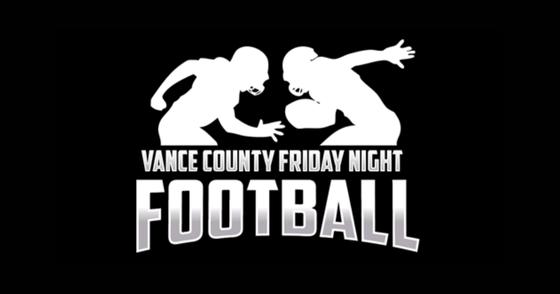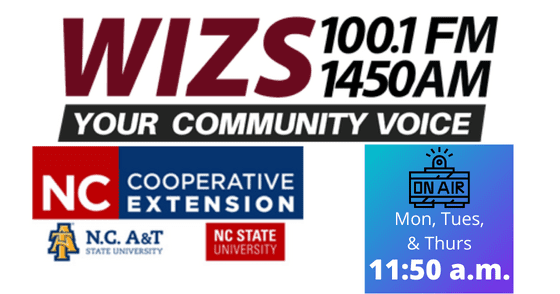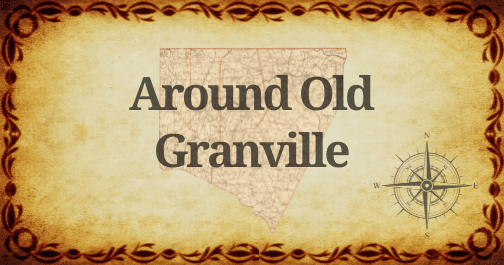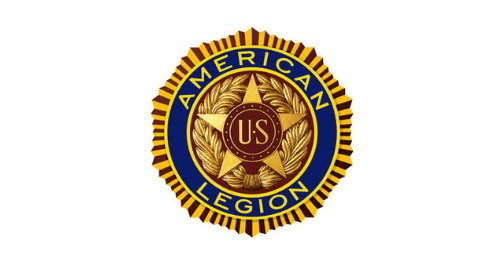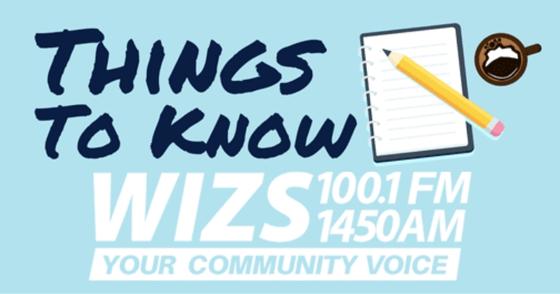The way Gerald Alston sees it, the difference in today’s popular R&B music and that of just a few decades ago is clear: the older music tells a story and leaves room for the listener’s imagination. Not so much with today’s R&B.
“There’s no room for imagination,” Alston said of the newer music. “Artists come out and say exactly what they’re doing.”
Alston spoke by phone to WIZS’s Bill Harris on Monday’s Town Talk. And just like the music that he and The Manhattans perform, the Henderson native shared stories about getting his start in music and reminisced about working with many big-time R&B groups.
A lot of today’s hiphop music is based on the foundation laid by R&B greats, he said. The music The Manhattans and so many others are known for “told stories about life that people could identify with,” he said.
Alston has played concerts across the globe – from South Africa and South America to Great Britain and McGregor Hall, right here in Henderson. The group has played for more than two hours to 15,000 concertgoers in South Africa, he said. “They know our music to a T. Those fans sang every song we performed for two and a half hours,” Alston said. “Our music has been passed down to their children and they still honor that – they realize the importance and quality of it.”
The group has evolved over the years, but The Manhattans are still performing and recording. These days, it’s Alston, Troy May and Dave Tyson who comprise the group.
Their newest album of music, The Manhattans featuring Gerald Alston: The Legacy Continues, is available on their website, www.letsjustkissandsaygoodbye.com.
The website name is a nod to the group’s most successful song, but Alston’s association with The Manhattans began a few years before that song was released in 1976. Alston was attending Kittrell College and agreed to let The Manhattans borrow his sound system for a concert there. “I had no idea they were coming,” he said. Well, as he was testing the system out – by singing, of course – in walked the group that he would later be asked to join. He opened the show for them at Kittrell College and a short time later, the manager caught up with him. He had been booked on a flight to Dallas to join the group. The manager had already been in touch with Alston’s parents, who’d signed the contract since Alston was under age.
“I came back to New York and rehearsed for a few weeks and then I started singing with The Manhattans,” he explained.
The Manhattans weren’t the first group that Alston was a part of; he and his cousin, Dwight Fields (son of Johnny Fields, of Blind Boys of Alabama fame) put a group together that lasted through high school.
Alston, 69, remembers those early days well, from the days when he opened for B.B. King and the man got a standing ovation BEFORE he started playing, to meeting the family of the late Sam Cooke after Alston produced a record of Cooke’s songs.
“I had been wanting to do that for a long time,” Alston recalled. Although his idea had been to do one gospel side and one R&B side, it became two separate albums. Cooke’s brother, L.C. Cooke, did the liner notes for the album. “He said, ‘your album is a true tribute album – you are singing all of his songs the way you feel them, the way you interpret them,” Alston said.
People who listen to music solely through streaming services and not by actually playing a record album or a CD don’t get the same experience, Alston said. Music lovers who still spin vinyl, however, are still out there enjoying the full experience.
“You can go to Great Britain, South Africa, Japan, South America,” he said. “Those fans can tell you literally the year you recorded, the studio, the musicians, the words – the year you were at Columbia Records, the engineers – it’s incredible. There’s so much history on the physical vinyl, it’s good to have.”
TownTalk Interview with Gerald Alston

